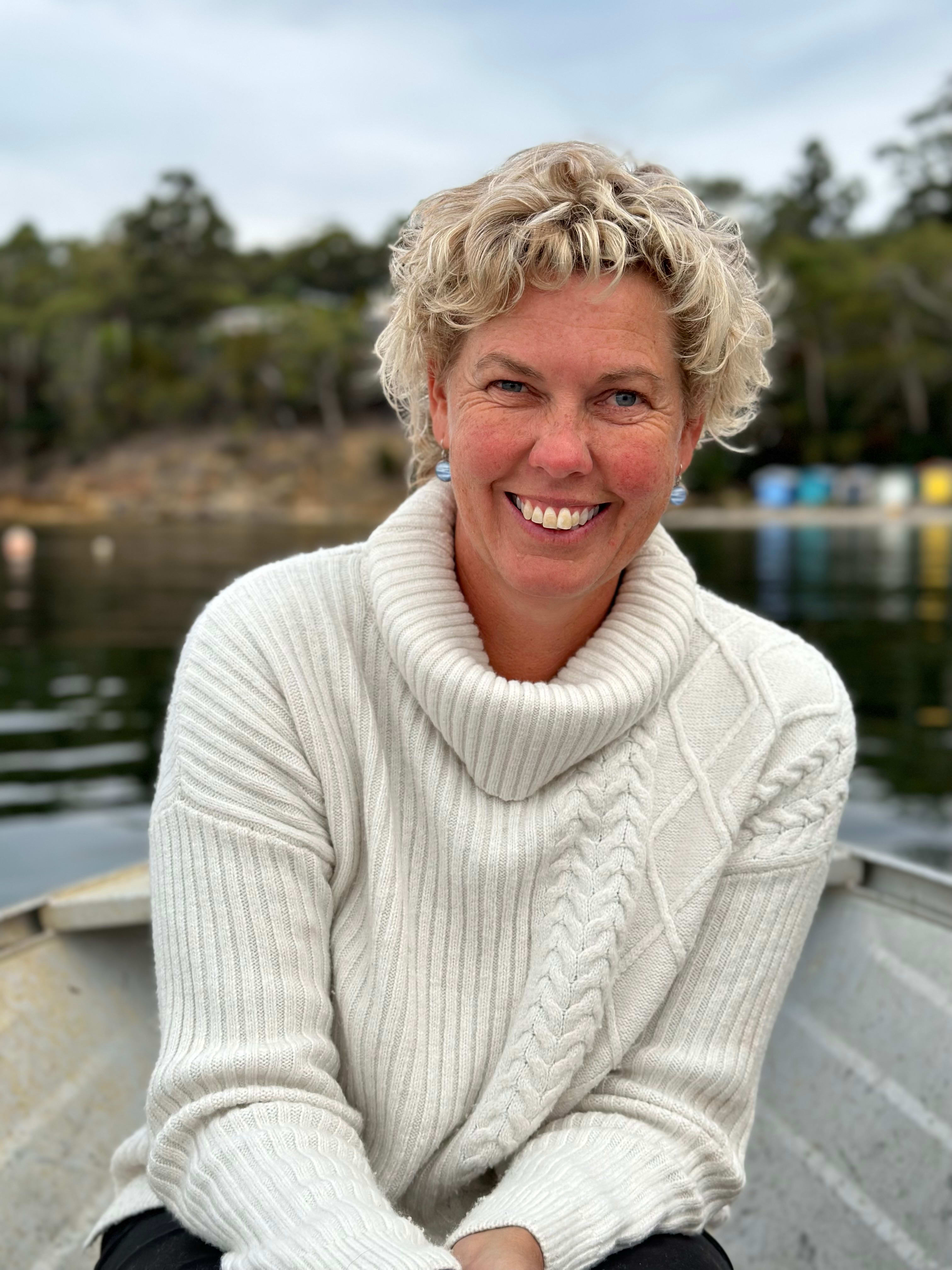A TASMANIAN WHIMSY
At 10.37am on July 14, 2718, in a private laboratory in East Maatsuyker, a suburb of Hobart, lutruwita, a scientist adjusted the focus on an occipitalus, and tensed. “Expand,” she whispered, and held her breath. For a long time she stared at the genetic code displayed on her retscreen, and then breathed out slowly.
. . .
The scientist’s name was Freycinet Ennis and her laboratory was on basement level three of her East Maatsuyker dompod. The work that had been started five years earlier in the government laboratory on basement level 148 in the Hobart central government precinct (CGP) had been moved to her home after DrProf Ennis, as she had been known at the time, had been told to cease her research. When she had declined, her laboratory funding had been cancelled. When she had announced her intention to seek private funding to continue her work, she had been stripped of her credentials, her retscan access to the CGP had been disabled, and she had been demoted two strata on the taxpriv scale with the threat of a considerably greater downgrade should she try to continue her research.
Freycinet Ennis should not have been surprised. Her research had been a threat to promotion of lutruwita as the “Birthplace of Humanity’s Favourite Fruit”. Every day, millions of people from throughout the galaxy teleported into lutruwita to visit the museums and the orchards celebrating and growing apples. But Freycinet, who had advanced the science of ribonucleics in a series of brilliant leaps, knew lutruwita was not the birthplace of the apple.
Or at least, she strongly suspected it. Her earlier work had involved breaking down the make-up of organic material into sub-genetic component parts, work that had been pioneered by Freycinet’s own grandmother in the 27th century, and had as part of this found evidence that apples had originated in central Asia, where the Malus sieversii, the many-times great-grandparent of Malus domestica, the domesticated apple, had grown freely until the 23rd century, when the sub-atomic make-up of the region had been dismantled by thermonuclear fallout.
Some time after that, lutruwita had begun claiming the apple as its own. According to the tourist brochures, the fruit had been born again in the early 22nd century, when lutruwita was still known as Tasmania. It had been crafted by a Tasmanian scientific team using traces of DNA discovered by a Tasmanian archaeological team that had travelled to a region once known as Mesopotamia and found the original Garden of Eden, and therein the DNA of the apple.
That’s what they said. Then, around it, they built a tourism industry. And the people came.
Freycinet Ennis was certain it was fabrication. But she couldn’t prove it.
. . .
She had been naïve. She hadn’t understood – had never considered – the fundamental conflict between science, which is a search for truth, and marketing, which is a search for profit. She had thought the claim of the apple’s origins a mistake or a misunderstanding. She hadn’t considered it a cynical, calculated promotional lie. Not until they tried to shut her down.
Now, in a way, she was grateful to the dark forces of a government which believed – perhaps rightly – that its very existence depended on the fabulously fruitful industry that had grown around the Milky Way’s love affair with apples, and lutruwita’s prosperity with it. Under the weight of such material verity, truth became a minor issue. Truth was duly buried. And Freycinet Ennis was duly silenced.
She was grateful because she was no longer naïve. The naivety had been exposed and understood the moment the CGP doors had been slammed in her face. How foolish she had been! What a dreamer she had been, to believe she could dedicate herself to science without considering market forces that cared nothing for value systems.
They were powerful forces, more powerful than any influence Freycinet Ennis could bring to bear in CGP corridors of power. She was a fighter, however; she had been since regularly standing up for underdogs throughout her state-mandated military service. That had been a long 10 years. But in her current fight, her fists were of no help. She had only one weapon to oppose the forces of political and corporate duplicity, and that was truth.
Perhaps two weapons, if you included courage.
And now, as she stood there, three levels underground in her East Maatsuyker home, staring at last at a genetic string showing the truth she had been seeking for years, she knew she would need courage to take the next step. It takes courage to go into the unknown. For Freycinet Ennis, the unknown was the consequences of announcing the truth she had discovered.
. . .
More than 175,000 people were present in the glittering main hall of the Galactic Nobel Society, and an estimated 270 billion more were watching the livestreamed announcement and broadcast of the 2719 Nobel prizes. The hum of voices subsided as the lights dimmed and the chair of the Galactic Nobel Society’s general committee floated his talkplat up into the centre of the auditorium.
“Sapiens,” he began, “tonight I am pleased to honour both an extraordinary scientist and her extraordinary work, and I am especially pleased to be able to introduce her by her official and rightfully reinstated title, DrProf Freycinet Ennis.”
Chris Champion is the editor of Forty South Tasmania and a director of Forty South Publishing. He has worked as an editor and writer in Australia and Asia for more than 50 years.








